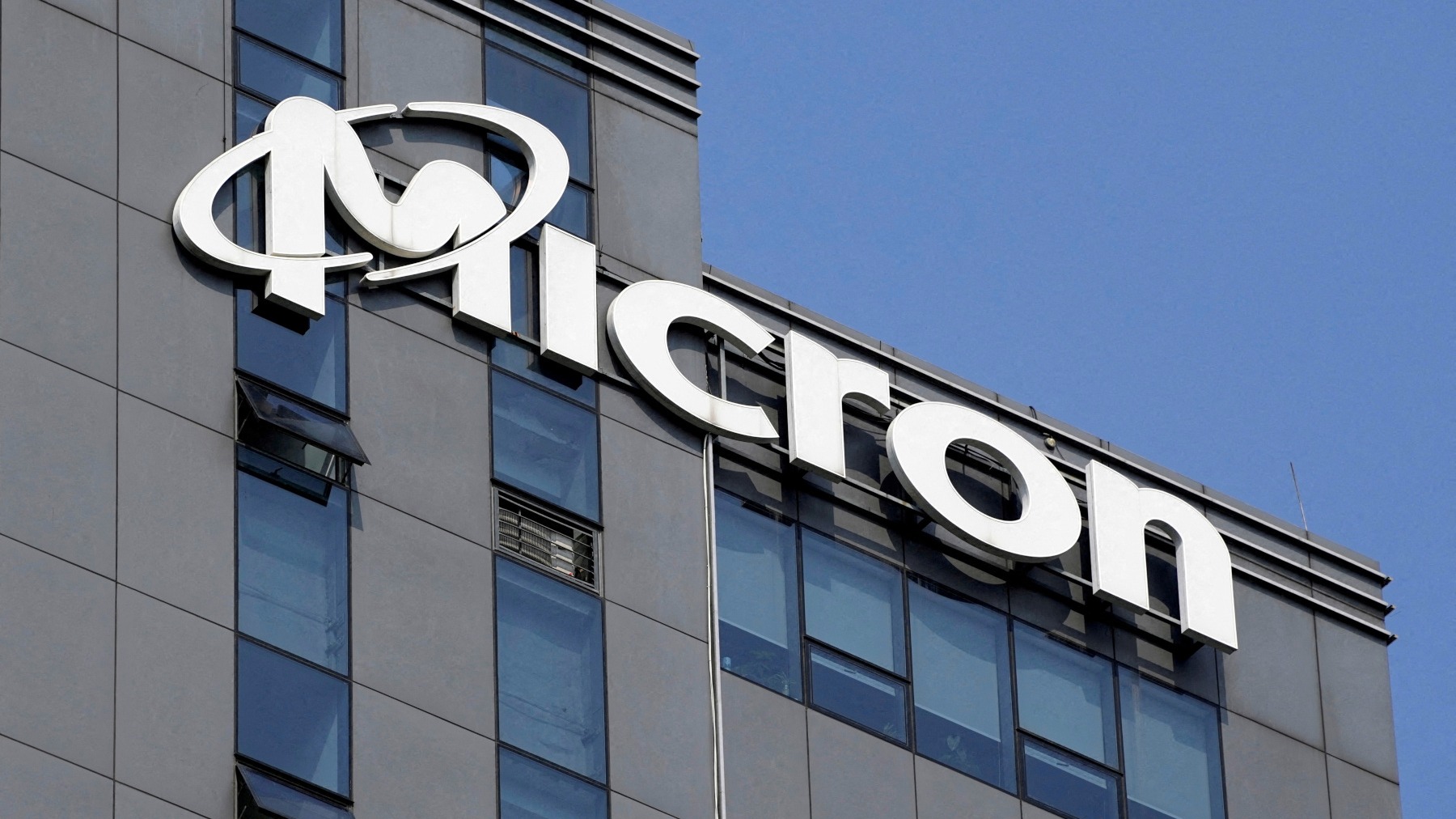Federal Support Drives Major Expansion in Idaho and New York
Micron Technology Inc. has finalized a $6.2 billion subsidy agreement under the CHIPS and Science Act to enhance its domestic semiconductor manufacturing operations. Announced by the Commerce Department, the funding will be directed toward the company’s facilities in Idaho and New York, following months of negotiations and due diligence. This award aligns closely with a preliminary agreement made earlier in the year, cementing Micron’s plans for a $75 billion investment in U.S. manufacturing by the end of the decade.
The funding serves as a critical component of the Biden administration’s strategy to strengthen domestic semiconductor production and safeguard technological leadership, particularly in artificial intelligence. Micron remains the only U.S.-based producer of high-bandwidth memory chips, a critical technology for data storage. In a statement, Commerce Secretary Gina Raimondo emphasized the significance of this investment in onshoring advanced memory semiconductor production to bolster economic and national security.
Semiconductor Industry Expansion Accelerates Under CHIPS Act
The CHIPS Act, passed in 2022, allocated $39 billion in grants, $75 billion in loans, and tax incentives to catalyze semiconductor factory development within the United States. Micron joins other leading companies such as Intel Corp., Taiwan Semiconductor Manufacturing Co., and GlobalFoundries Inc. in securing CHIPS Act funding, with these firms accounting for over half of the program’s direct financial commitments. To date, more than 100 companies plan to invest an estimated $400 billion in domestic semiconductor manufacturing, spanning cutting-edge processors to legacy components.
Micron’s planned investments include $100 billion in New York and $25 billion in Idaho over two decades. However, funding for a proposed DRAM chip facility in New York, which would not become operational until after 2030, was declined, prompting Micron to delay its third factory in the state. Challenges related to environmental reviews under the Clean Water Act have also delayed groundbreaking for a New York facility until 2025, which could disqualify the project from certain federal exemptions.
Micron Opts Out of Federal Loan Package
While the preliminary agreement included up to $7.5 billion in federal loans, Micron declined this portion of the funding in its final award package. A senior U.S. official stated that Micron’s decision mirrors a similar move by Intel, though no further details were provided. Despite this, Micron’s U.S. expansion remains on track, with significant contributions toward reshoring semiconductor production and advancing American industrial policy.




